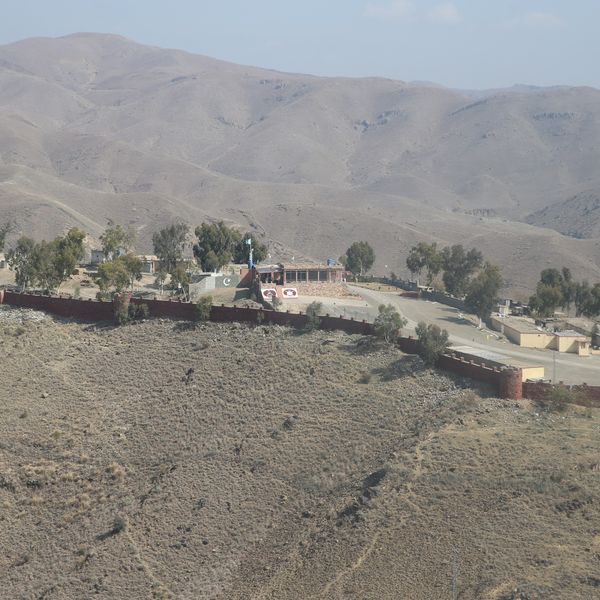Pakistan govt under fire as inquiry commission chief dies days after appointment
Justice Khokhar’s death raises concerns over the govt’s appointment process and failure to assess candidates’ health

Asma Kundi
Producer, Islamabad
Asma Kundi is a multimedia broadcast journalist with an experience of almost 15 years. Served national and international media industry as reporter, producer and news editor.

Former Supreme Court Judge Faqir Muhammad Khokhar.
Courtesy: INP/File
Pakistan’s government is under fire over its appointment process after retired Justice Faqir Muhammad Khokhar passed away just a week after being named head of the Commission of Inquiry on Enforced Disappearances (CoIED).
His death has sparked concerns about how authorities select candidates for key roles, particularly their failure to assess health and ability before making appointments.
Justice Khokhar, who was over 80, had been unwell and was receiving treatment at Lahore’s Services Hospital. The Supreme Court confirmed that his funeral prayers would be held after Asr in Lahore.
During a constitutional court hearing on enforced disappearances, Additional Attorney General (AAG) Malik Javed Iqbal informed the court that Khokhar had been appointed to replace Justice (retd) Javed Iqbal.
Established in 2011, the commission is tasked with tracing missing persons and identifying those responsible. Justice Iqbal had led it since its inception.
Former Additional Attorney General Tariq Khokhar told Nukta that bureaucratic inefficiencies often delay key legal appointments.
He criticized authorities for failing to check candidates’ current status before selection, leading to cases like Khokhar’s, where an elderly and seriously unwell individual was given a demanding role.
"In cases like these commissions, where the government lacks genuine commitment, they appoint individuals who are unable to actively lead," he said. "Faqir Khokhar’s appointment highlights the government’s indifference to the effectiveness of the missing persons commission."
A legal department source, speaking on condition of anonymity, revealed that Khokhar had sought a government role three years ago when he was in better health.
However, his request was overlooked at the time. He was only considered recently—without reassessing his current health or availability.
A pattern of poor appointments
This is not the first time a Pakistani government has faced criticism for appointing elderly officials with serious health concerns.

In 2016, then-Prime Minister Nawaz Sharif named Justice Saeed-uz-Zaman Siddiqui as Sindh’s governor at 78. Siddiqui, who suffered from chronic health issues, was hospitalized soon after taking office and died two months later.
Commission’s latest report
According to its December 2024 progress report, submitted on January 1, 2025, the CoIED has recorded 10,467 cases since its formation.
By November 2024, 8,172 cases had been resolved. That number rose to 8,216 by the end of December, leaving 2,251 cases still pending.
Despite its efforts, the commission has faced repeated criticism from rights groups and victims' families, who accuse it of failing to hold perpetrators accountable.










Comments
See what people are discussing